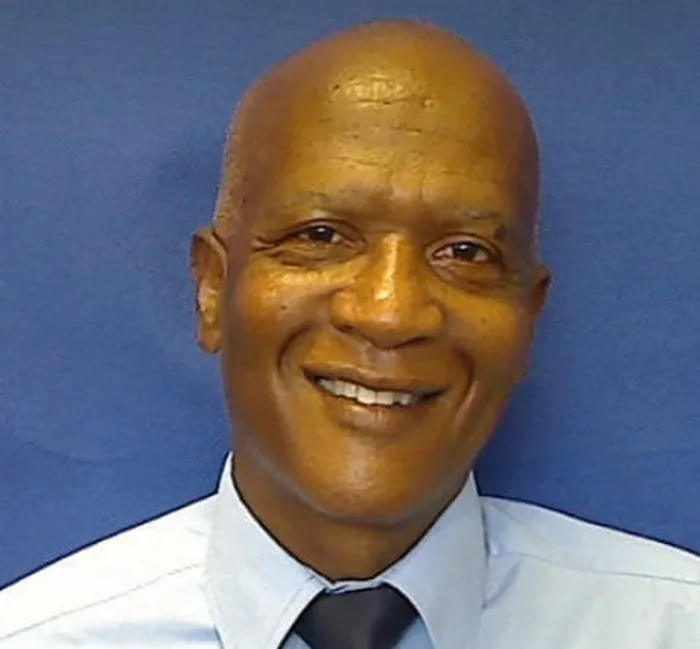The role of ward committee members explained

Ward 66 councillor William Akim
Two community leaders from Ottery and Parkwood are challenging ward councillors to be more proactive - and ward committee members to keep the councillors on their toes.
Keith Blake, from Ottery, and Pastor Paul Phillips from Parkwood, have accused ward committee members of not taking up community issues with the councillors.

“People must make sure that the ward committee members should be the voices to keep the councillors on their toes,” said Mr Blake.
“The ward committee members must each have a role to play. For example one must represent social services, one safety security and one emergency services.”

Mr Phillips said he had previously served on a ward committee for Ward 66 for “quite a while”.
“I am sure the criteria is that the ward must elect the committee members but I think the ward councillor is electing them,” said Mr Phillips.
“Ward councillors are electing people who agree with them and not people who will argue with them in ward committee meetings.
“I served as a ward committee member under the religious sector some time ago. The only thing that happens in a ward committee meeting is that you are bombarded with regulations, rules and pre-approved whatever (decisions).
“It is a platform where decisions have already been made. There is no such thing as you can advise the ward councillor. There is no advisory committee of the budget allocation. It is presented by the ward councillor to the ward committee. The ward committee only ticks the boxes of all the by-laws that had already been approved by the ward councillor.”
Southern Mail asked William Akim (Ward 66) to shed some light on how a ward committee is formed and the role of its members. Mr Akim explained:
- Only organisations that have submitted a constitution and AGM (annual general meeting) minutes are allowed to participate and must be registered on the Sub-council database.
- An electoral officer issues a printout from the database of interested groups registered per ward to the Sub-council.
- Only the mandated nominee per interested group present, is eligible to participate in the election process.
- Each sector group breaks away to reach consensus about who the preferred candidates for the sector would be.
- Ward committees can only have 10 members.
- Ward committee members can serve only for five years and councillors don't get involved with the election of ward committee members.
- The electoral officer to informs the sub-council manager in instances where exceptions and discrepancies arise from documentation received.
- The electoral officer and sub-council manager checks nominations against result slip.
- Each member will be presenting concerns of different organisations, for example neighbourhood watches and religious organisations. They will report issues once a month via the ward committee at sub-council meetings. There will be six meetings for the year at which community issues will be discussed.